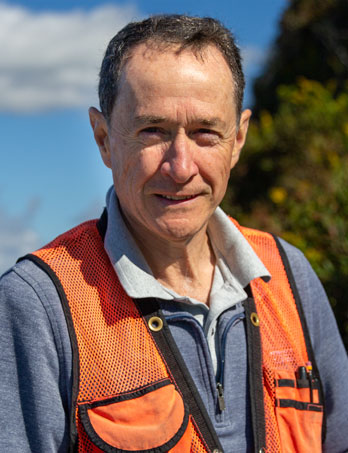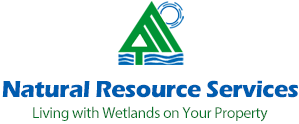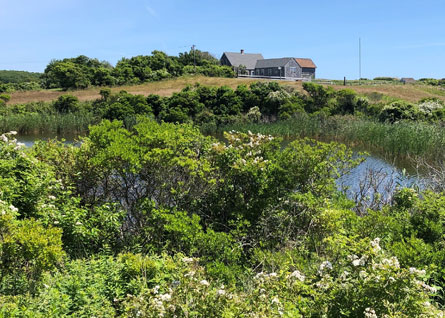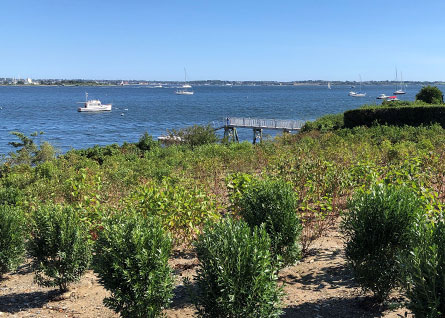
Rhode Island's Wetland Permitting Expert
I started Natural Resource Services as a young wetland biologist in 1987. At that time, landowners needed guidance to navigate the new regulatory process for developing properties that contained freshwater or coastal wetlands.
This guidance is crucial today, as the value of land in Rhode Island has skyrocketed and wetland regulations have become more complex. If you own or are thinking about buying land in RI, Natural Resource Services can help you achieve your goals for developing the property.
Scott Rabideau
Founder, Owner, Professional Wetland Scientist
After 37 years in business, Natural Resource Services, Inc. is closing. Our last day of operation is May 30th.
Only freshwater wetland and coastal feature delineation projects will be accepted as of March 1 through April 25th. However, clients choosing to engage us as of March 1 forward need to acknowledge on their client engagement contract that our consulting services will not be available for any subsequent regulatory permitting required for their project.
Thank you for visiting the NRS website.
After May 30th you can keep track of my future endeavors at scottrabideau.org
NRS is your partner for environmental protection in RI

Frequently Asked Questions
1. Is it true that Rhode Island has new freshwater wetland regulations?
New freshwater wetland regulations took effect on July 1, 2022. These new rules are now governing both the DEM and CRMC freshwater wetland programs. I like to say that the old rules employed a "one size fits all" approach. Once properly delineated, all swamps, marshes, ponds, and bogs had a standard 50-foot buffer zone.
Under the new regulations, the buffer zone is set on a "sliding scale" based on:
- Where the property is located in the state.
- The type of wetland present (i.e., swamp, marsh, pond, bog).
- The actual size of the wetland.
The buffer zone can range from 25 to 100 feet from the delineated edge of the wetland. The best advice I can offer on this is to not spend time and money planning a new project until you have determined whether you are within a freshwater wetland buffer zone.
2. My land is only wet in the spring, otherwise it is dry as a bone. How can it be wetland?
I often have to explain the oxymoron "dry wetland" to property owners. Land can be classified as wetland even if there is never standing water present. The regulations define a wetland as having a predominance of wetland indicator plant species and seasonal high groundwater elevation at or near the surface for a significant period of time during the growing season. Therefore, simply having high ground water levels, with dry surface, may create conditions that support a regulated wetland.

Planning a construction project near RI wetlands?
Call Natural Resource Services at 401-568-7390


